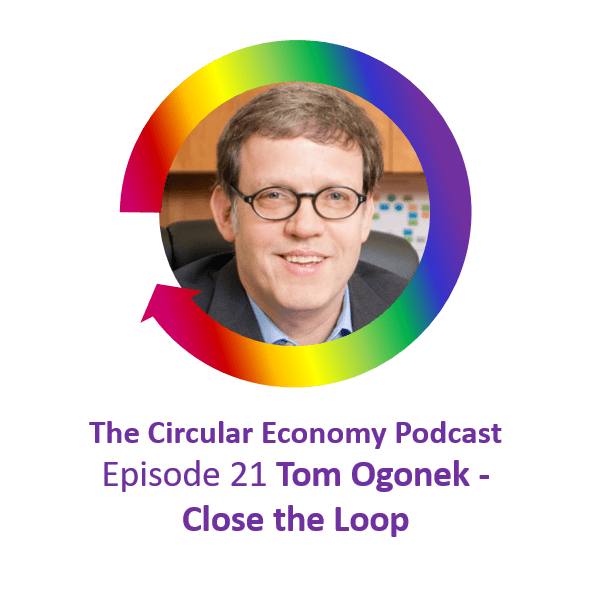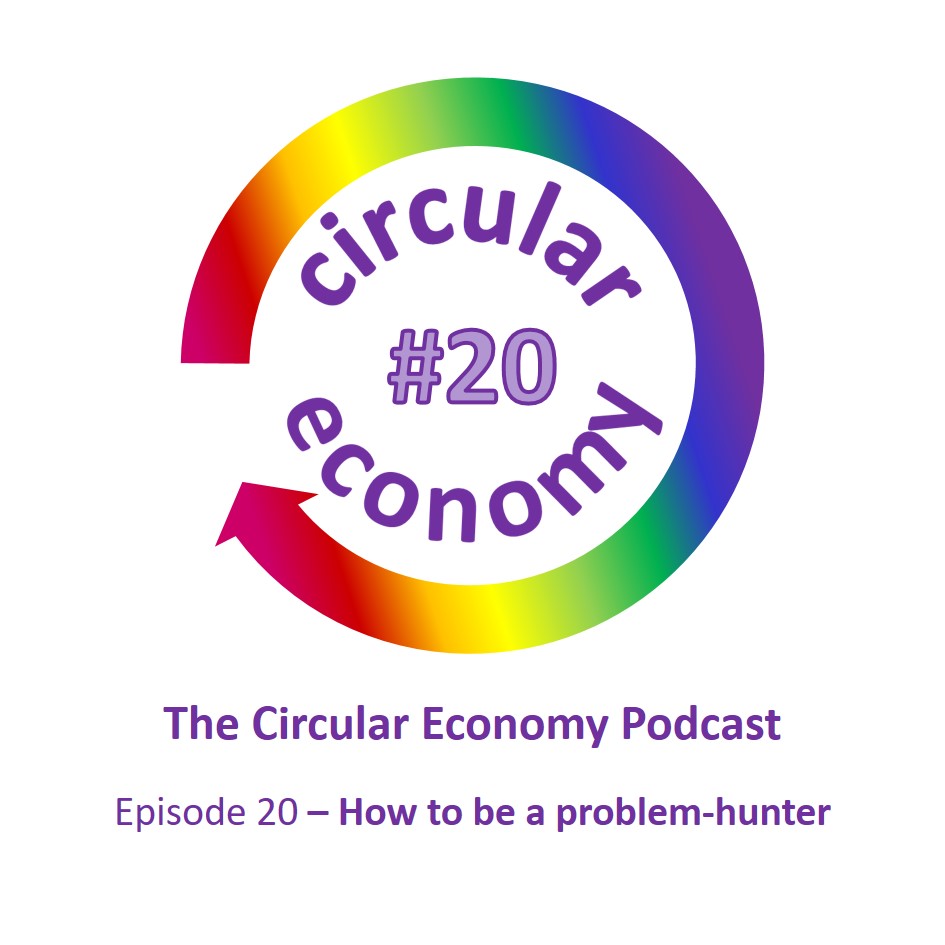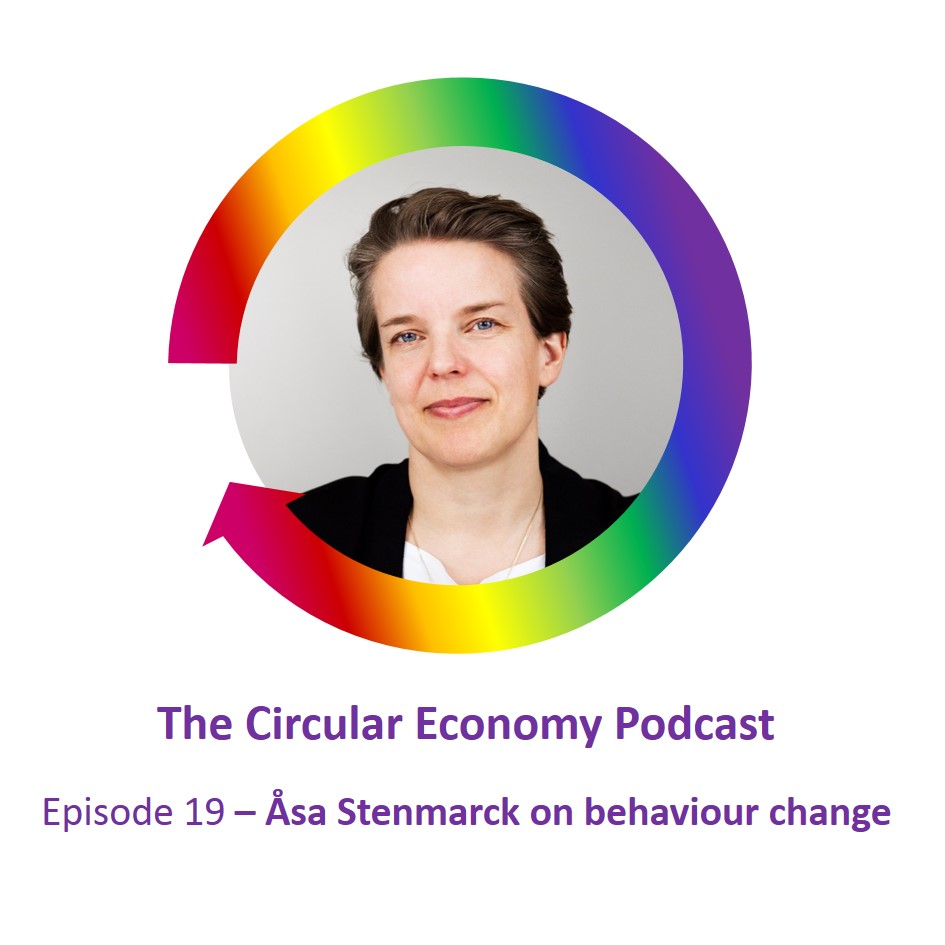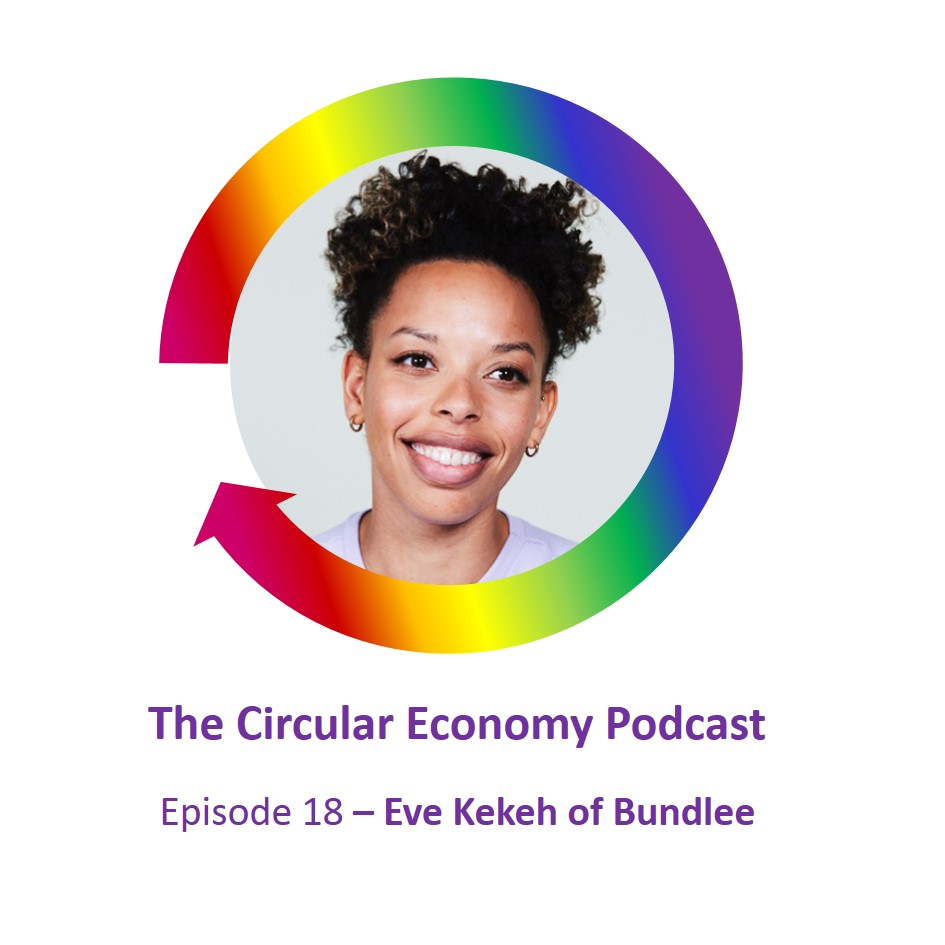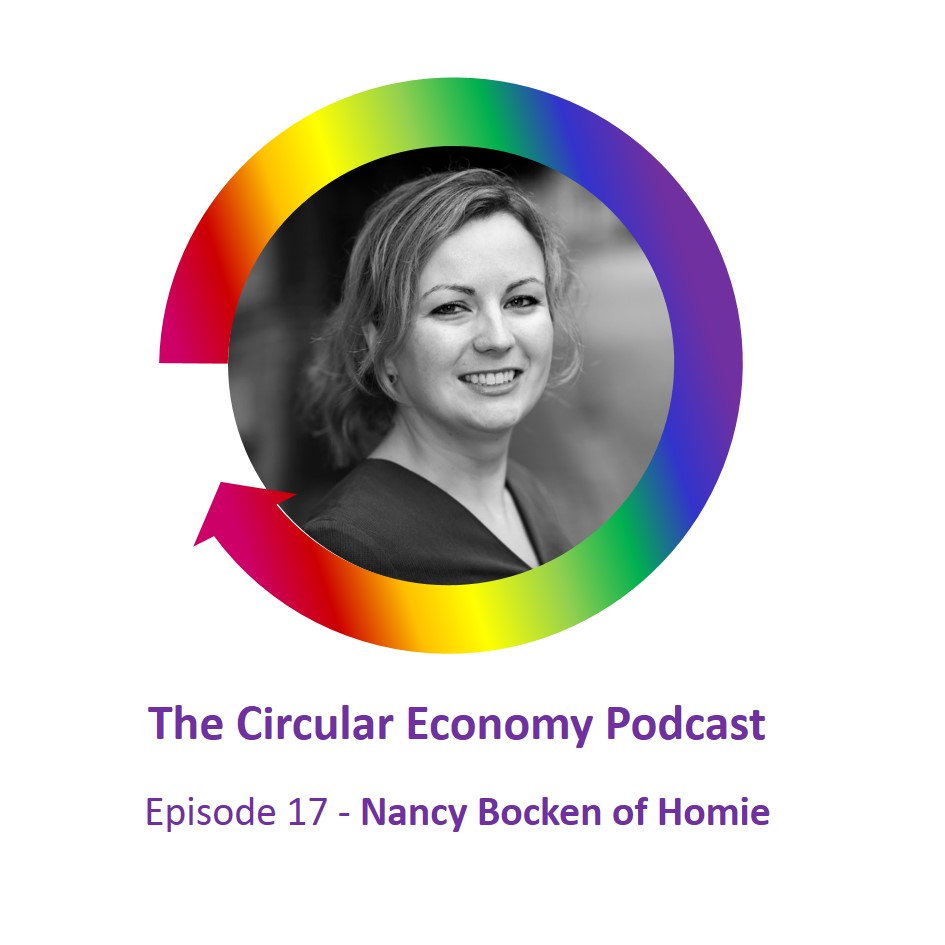Podcast: Play in new window | Download
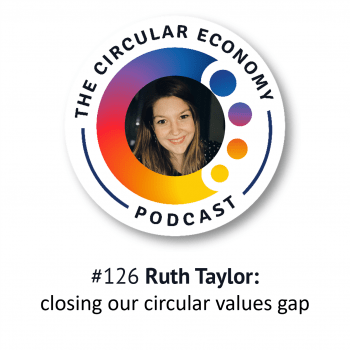
Ruth Taylor of the Common Cause Foundation guides us through the field of social psychology, to explore how our personal values drive behaviour, and what that means for sustainability and the circular economy.
Catherine Weetman says “I recently completed ‘Values 101’, a short course run by the Common Cause Foundation. It opened my eyes to a whole new way of thinking about our behaviour and what motivates our choices, actions and interactions.”
The course tutors were Ruth and her colleague Tom Crompton, and today, Catherine talks to Ruth about some of the main takeaways from the course.
The Common Cause Foundation works at the intersection of culture change and human values, and is driven by the belief that it is possible to design societies that magnify and strengthen the cooperative and caring parts of human nature. By doing that together, we can build ways of living that are equitable and just, and lie within our planetary boundaries.
The Common Cause Foundation sees Values playing a pivotal role in shaping our cultures and systems. The dominant global culture is out of balance, prioritising extrinsic values such as wealth, power and social status, in a way that has led us to the brink of destruction; with crises of poverty, inequality and climate change. Common Cause Foundation’s work shows that balance can be restored by elevating intrinsic values instead – values like community, creativity and unity with nature.
Ruth Taylor has worked in the field of social and environmental change for close to 15 years. She is driven by the question of how more people can be encouraged to think, feel and act differently when it comes to the multiple and interconnected challenges we are experiencing globally.
Ruth explains what values mean, and how they impact our daily lives, and we talk about the Perception Gap – the mistaken beliefs we have about other people’s values, and why that matters. We also talk about why we might not always act in line with our values, and how we can overcome that.
We explore how engaging certain values could influence more sustainable and circular behaviours, and how it’s relatively easy for people to become interested in topics and actions that have similar underlying principles – for example, being passionate about women’s rights makes it more likely that you’ll be interested in supporting other movements for equality and fairness, both for humans and other-than humans.
We find out how values are like muscles, and can be strengthened, and we discover why we misunderstand other people’s values, and how that’s holding back our shift to a circular and regenerative world.
International speaker, author and strategic advisor, Catherine Weetman helps people discover why circular, regenerative and fair solutions are better for people, planet – and prosperity.
Catherine’s award-winning book: A Circular Economy Handbook: How to Build a More Resilient, Competitive and Sustainable Business includes lots of practical examples and tips on getting started.
Stay in touch for free insights and updates…
Read on for more on our guest and links to the people, organisations and other resources we mention.
Don’t forget, you can subscribe to the podcast series on iTunes, Google Podcasts, PlayerFM, Spotify, TuneIn, or search for “circular economy” in your favourite podcast app. Stay in touch to get free insights and updates, direct to your inbox…
You can also use our interactive, searchable podcast index to find episodes by sector, by region or by circular strategy. Plus, there is now a regular Circular Economy Podcast newsletter, so you get the latest episode show notes and links delivered to your inbox on Sunday morning, each fortnight. The newsletter includes a link to the episode page on our website, with an audio player. You can subscribe by clicking this link to update your preferences.
Links we mention in the episode:
- Circular Economy Podcast on LinkedIn: linkedin.com/showcase/circular-economy-podcast/
- Circular Economy Podcast website: circulareconomypodcast.com
- Catherine Weetman on LinkedIn: https://www.linkedin.com/in/catherine-weetman-9419107/
- A Circular Economy Handbook: How to Build a More Resilient, Competitive and Sustainable Business – buy from any good bookseller, or direct from the publisher Kogan Page, which ships worldwide (free shipping to UK and US) https://www.koganpage.com/CircEcon2
- Interactive podcast index https://www.rethinkglobal.info/circular-economy-podcast-index/
- Rethink Global www.rethinkglobal.info
- Sign up to get the podcast player and shownotes for each new episode emailed to your inbox
Links for our guest:
- Common Cause Foundation website and LinkedIn
- Ruth Taylor on LinkedIn
- Values 101 – a workshop series introducing participants to cultural values and how their work can further strengthen the values we need to lead to greater demand for social and environmental transformation
- A blog on the deep narratives and values found in the cultural phenomena of the Barbie movie
- Ruth’s most widely shared and referenced piece of work, a report on deep narratives called Transforming Narrative Waters
Guest bio
Ruth Taylor has worked in the field of social and environmental change for close to 15 years. She is driven by the question of how more people can be encouraged to think, feel and act differently when it comes to the multiple and interconnected challenges we are experiencing globally.
Currently, Ruth splits her time between working for the Common Cause Foundation, a small not-for-project working to rebalance the values we see championed in our cultures, and as a freelance narrative strategist, supporting a range of different organisations from NGOs to cultural institutions to consider how their work could help shift harmful narratives towards more regenerative and just alternatives. Ruth also loves to write and her work can be found on Medium.
Playlist: getting started with the circular economy…
Want to know more about the what the circular economy really is, and how it can help your business? Here’s a playlist to help you get to grips with the concept, how it creates value, and the common myths (spoiler alert – it’s much more than recycling!)
- #1 What is the circular economy: A quick intro to explain what the circular economy is and why it’s important. We explore how it helps create better products and services, and at the same time helps to make a better world. I break it down into my 5 circular economy components, helping you think about each part of your business.
- #2 The linear economy and your risk checklist: We dig a bit deeper into the way we do business now, the linear economy, and why that’s creating problems for business, society and our living planet. Also, we’ll look at the risks that emerge from those big-picture issues, and how they might affect your organisation.
- #90 Does circular mean it’s sustainable? Catherine Weetman is worried that companies are using circular economy solutions to grow their business (and their footprints).
- #101 Circular is better for people, planet and profit! How three simple strategies can help you get started with circular and regenerative solutions that are better for people, planet and profit.
- #120 Priorities are changing: people find life is better when we care for and share things – circular economy strategies make that better for business, too.
And here’s Catherine’s guide: What is the circular economy?
Want to dig deeper?
Why not buy Catherine’s award-winning book, A Circular Economy Handbook: How to Build a More Resilient, Competitive and Sustainable Business. This comprehensive guide uses a bottom-up, practical approach, and includes hundreds of real examples from around the world, to help you really ‘get’ the circular economy. Even better, you’ll be inspired with ideas to make your own business more competitive, resilient and sustainable.
Please let us know what you think of the podcast – and we’d love it if you could leave us a review on iTunes, or wherever you find your podcasts. Or send us an email…
Please let us know what you think of the podcast – and we’d love it if you could leave us a review on iTunes, or wherever you find your podcasts. Or send us an email…
Podcast music
Thanks to Belinda O’Hooley and Heidi Tidow, otherwise known as the brilliant, inventive and generous folk duo, O’Hooley & Tidow for allowing me to use the instrumentals from the live version of Summat’s Brewin’ as music for the podcast. You can find the whole track (inspired by the Copper Family song “Oh Good Ale”) on their album, also called Summat’s Brewin’. Or, follow them on Twitter.
